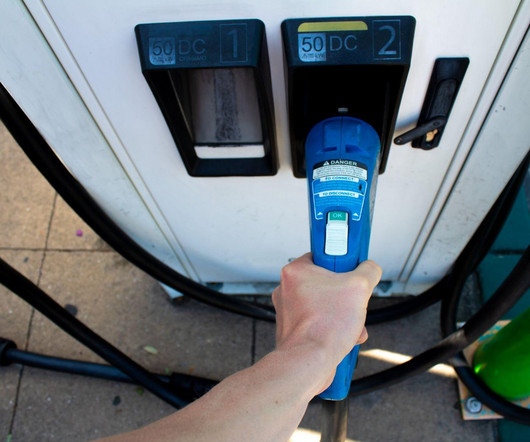UT Austin team devises new strategy for safe, low-cost, all-solid-state rechargeable Na or Li batteries suited for EVs
Green Car Congress
DECEMBER 13, 2016
Researchers at the University of Texas at Austin, including Prof. With this glass, a rechargeable battery with a metallic lithium or sodium anode and an insertion-compound as cathode may require a polymer or liquid catholyte in contact with the cathode. Click to enlarge. —Braga et al. Maria Helena Braga, Nicholas S.



























Let's personalize your content